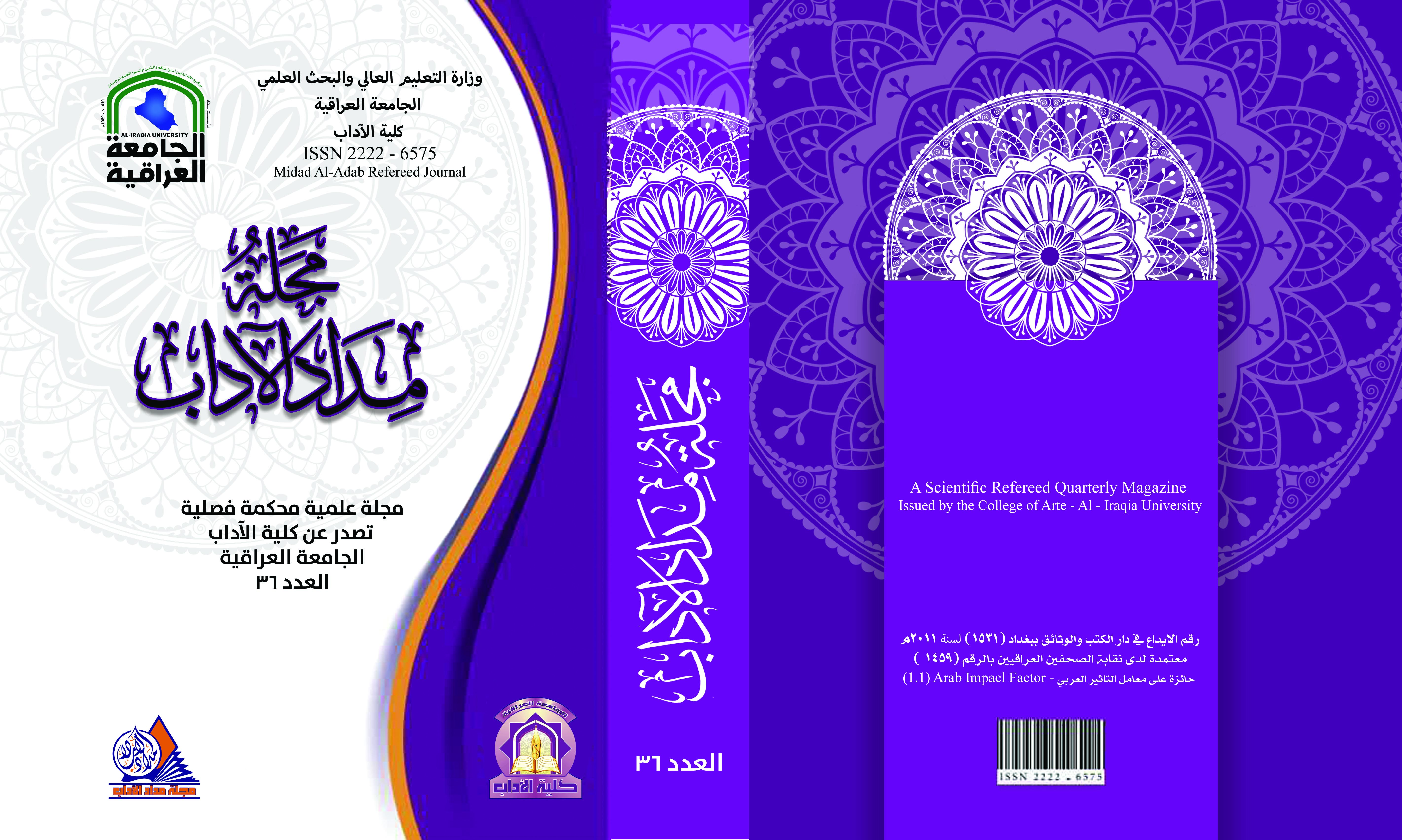Gender, Ideology and Power: Critical Discourse Analysis of High School EFL Textbooks in Iraq.
DOI:
https://doi.org/10.58564/ma.v14i36.1589Keywords:
critical discourse analysis, ideology, power, gender, EFL textbooksAbstract
This study explores the relations between language and ideology with respect to social gender and social power using critical discourse analysis (CDA) as a research method in three Iraq Textbooks in high school (English for Iraq, fourth, fifth, and sixth grades). Precisely, researchers analytically analyzed the way social power and identity based on gender were discursively represented in these EFL textbooks. In so doing , an overview of the relation of CDA to different theories and views of power and gender and their effects on students was presented in such a way that could help deliver the effectiveness of these terms on language learning in the EFL textbooks. The findings indicated that overt and covert messages within the examined EFL textbooks serve as a mechanism for perpetuating specific ideologies and interests, such as male dominance, patriarchy, sexism, and the idealized notion of English as spoken by native speakers. Additionally, these texts reinforce the subordination of women, disregarding individualism and achievement ideology.
Downloads
Published
Issue
Section
License

This work is licensed under a Creative Commons Attribution-NonCommercial-NoDerivatives 4.0 International License.








